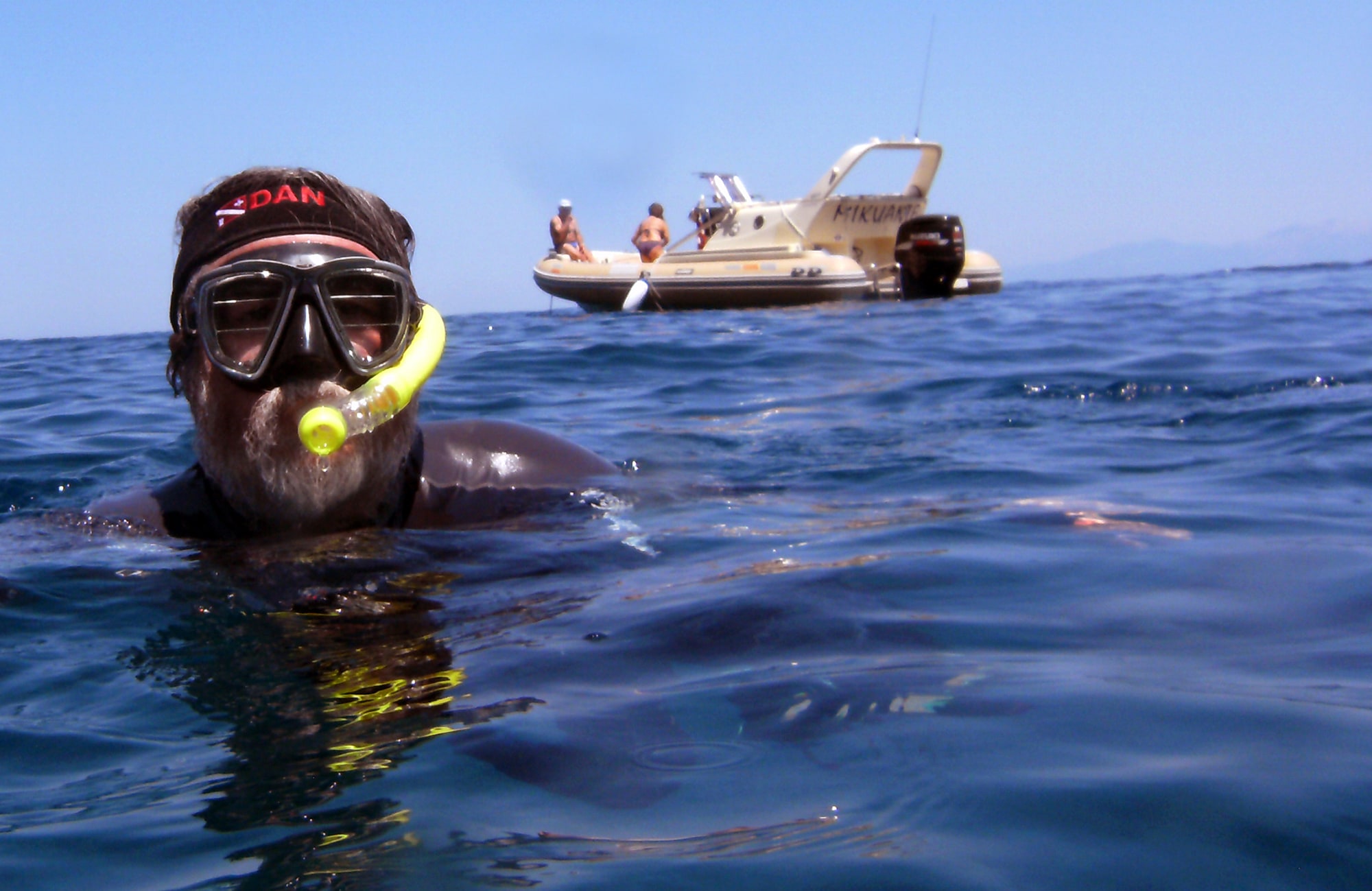Panic and Solo Diving
October 5th, 2011
It might sound paradoxical, but the mechanisms you described in your article about underwater panic are exactly the reasons why I mainly have been diving solo for many years.
Diving in a group or with a single partner, I always used to face several aspects of stress. Firstly, I was worried about not getting ready in time and about keeping the other(s) waiting (I usually take a lot of photo equipment with me, which is why I tend to need more time to prepare for the dive).
But a lot worse was the stress caused by the fact that I considered the other divers’ safety preparations and safety measures during the dive insufficient. I was often aware of risks that were being taken. When I expressed my concerns or demanded further preparation, however, I often ended up being ignored nonchalantly, sometimes even in an annoyed manner. My concerns also often lead my fellow divers to assume that I might be a bad or insecure diver (I dive all year round, even in inland German lakes and have a record of more than a thousand dives).
Under water I rarely witnessed the kind of behavior that would have saved our lives in the event of an emergency. The carelessness of some diving groups was unbelievable. For example, some divers failed to judge distances correctly and were located so far apart from each other that in case of insufficient oxygen supply a diver would have trouble reaching his partner in time. By the time he got there he would most likely be facing extreme dyspnea. Acute dyspnea, however, can easily cause the diver to make mistakes when handling the octopus regulator, e.g. swallowing water, which immediately causes panic. My own unsuccessful attempts to make up for my fellow divers’ mistakes often started me off going into anxiety. It was often forced to follow my partner who had disappeared, many times without finding him. Above water my partners’ reaction was usually a comment like “don’t worry, nothing has happened…”
As a solo diver on the other hand, I am absolutely calm, I can thoroughly prepare my dives, take as much time as I need and make sure that my body is in a state of calmness all through the dive in order to save up some energy reserves. I regularly practice safety elements and rescue routines – with partners or in a group I can rarely do this, and if so, only secretly (e.g. I covertly take of my mask to train the situation of mask loss). I am convinced that due to bad dive preparation and performance, which seems to be more the rule than the exception in partner diving, emergency situations will often end in severe accidents, whereas as a solo diver I am able to manage an emergency situation a lot better.
I do not want to argue that solo diving is a universal remedy against panic for all divers. In the past decades as a diver I have also met divers to whom the idea of diving without a partner was frightening and therefore would probably cause panic. But I do intend to contradict the arrogant-dogmatic indoctrination with which various diving associations and dive site tenants still treat solo diving as if it was “a crime against the crown”. Your article has further encouraged me to do so. It is about time for us to consider solo diving as an optional way of diving, maybe even the preferred way of diving for those with the right mental attitude. In my opinion many divers would benefit from an article in your magazine which discusses – from a psycho-medical point of view – for whom and under which circumstances solo diving is not a crime against the crown.

